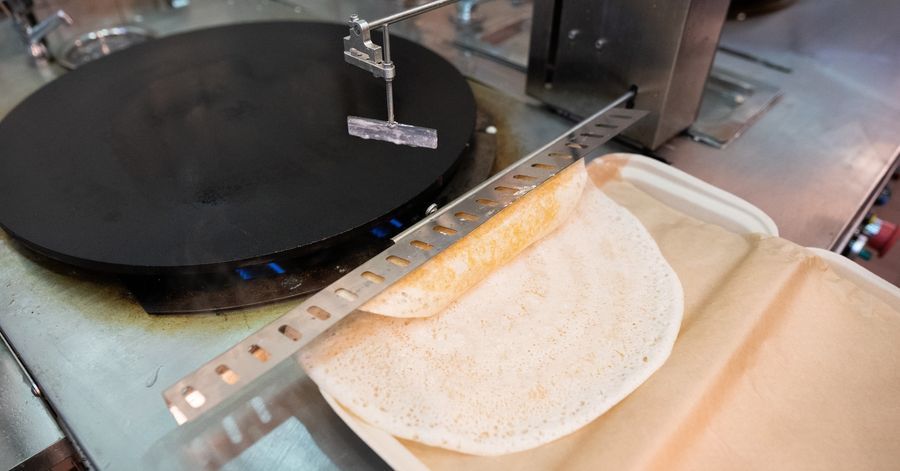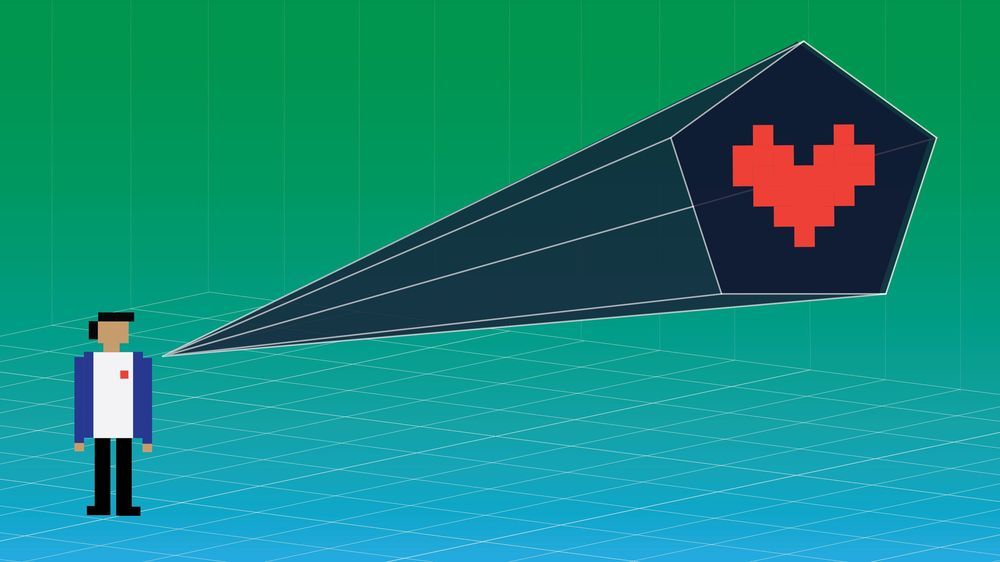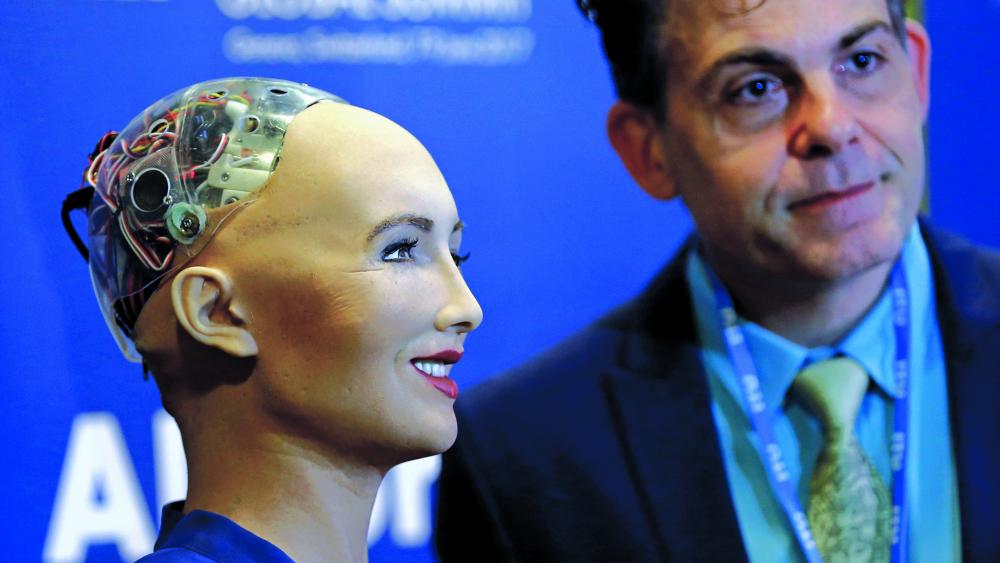Compared to macaques, human brains respond much more strongly to music.
Get the latest international news and world events from around the world.

My Compliments to the Chef, Er, Robot
Robots are making their way into New York City’s restaurants.
A growing number of dining spots throughout town are using machines to prepare all manner of food and drink, in many cases replacing the employees who would normally handle the task. Think gizmos that can do everything from slice a sushi roll into eight uniform pieces to mix the perfect happy-hour cocktail.
Jeff Hawkins: Thousand Brains Theory of Intelligence | Artificial Intelligence (AI) Podcast
I listened to the first hour. it takes time… and the right frame of mind, but it’s worth it.
Jeff Hawkins is the founder of Redwood Center for Theoretical Neuroscience in 2002 and Numenta in 2005. In his 2004 book titled On Intelligence, and in his research before and after, he and his team have worked to reverse-engineer the neocortex and propose artificial intelligence architectures, approaches, and ideas that are inspired by the human brain. These ideas include Hierarchical Temporal Memory (HTM) from 2004 and The Thousand Brains Theory of Intelligence from 2017. This conversation is part of the Artificial Intelligence podcast. Audio podcast version is available on https://lexfridman.com/ai/
INFO:
Podcast website: https://lexfridman.com/ai
Course website: https://deeplearning.mit.edu
YouTube Playlist: http://bit.ly/2EcbaKf
EPISODE LINKS:
Thousand brain theory: http://bit.ly/2Xl83he
On Intelligence: https://amzn.to/322Qly4
Numenta: https://numenta.com/
OUTLINE:
Air Force Does Not Want People to ‘Storm Area 51’
Will your ‘Naruto run’ work there?

Computer use later in life may prevent cognitive decline
Researchers found that using a computer, playing games, and participating in social activities may reduce the risk of mild cognitive impairment.
New research suggests that playing games, using a computer, and having a rich social life can keep mild cognitive impairment at bay.
Our brains go through changes as we get older, and some people may experience issues with memory, thinking, or judgment.

Aging Well – Aubrey de Grey, PhD, Co-founder of SENS Research Foundation – Taking the Fight to An… — YouTube
In this podcast, Aubrey de Grey, Ph.D., and the Chief Science Officer/Co-founder of SENS Research Foundation discusses his fascination with aging and his ongoing efforts to change the way we think about, and treat, age-related conditions. Dr. de Grey is a biomedical gerontologist and the innovative developer of the SENS platform. He is a Fellow of the Gerontological Society of America and the American Aging Association. He received a Ph.D. in Biology from the prestigious University of Cambridge. Dr. de Grey states that aging is the greatest medical problem we face as it causes the most suffering. He discusses the various excuses that are given as reason to simply disregard aging as a field in need of greater research, from the standard, ‘everything ages, just accept it,’ to the more philosophical—‘death, by its existence, gives meaning to life,’ and the social excuse—‘treating aging in a new way would only create new problems that could be much worse.’ But according to Dr. de Gray, not a single excuse holds up, all fall to the slightest scrutiny when really considered. Dr. de Grey explains that in order to design and implement therapies that will prevent the health problems of an aging population, we need to learn from what has already been proven and acknowledged in the past. SENS Research Foundation seeks to develop and promote access to innovative new therapies that can cure or possibly even prevent the diseases and difficult, troubling disabilities of aging by repairing built-up damage in our bodies. Wrapping up, Dr. de Grey explains cell therapy and damage, loss of cells, and the processes needed to bring about the repair. And the doctor goes into detail regarding the injection of stem cells to repair the damage, replace lost cells, etc.

Compound with anti-aging effects passes human trial
Urolithin A, a metabolite of biomolecules found in pomegranates and other fruits, could help slow certain aging processes. EPFL spin-off Amazentis, in conjunction with EPFL and the Swiss Institute of Bioinformatics, has published a paper Metabolism outlining the results of their clinical trial.
It is a fact of life that skeletal muscles begin to lose strength and mass once a person reaches the age of 50. A recent clinical trial involving two EPFL entities — spin-off Amazentis and the Laboratory of Integrative Systems Physiology (LISP) — showed that urolithin A, a compound derived from biomolecules found in fruits such as pomegranates, could slow down this process by improving the functioning of mitochondria — the cells’ powerhouses. A joint paper presenting the results of the trial also demonstrates that ingesting the compound poses no risk to human health.
Slowing mitochondrial aging.

